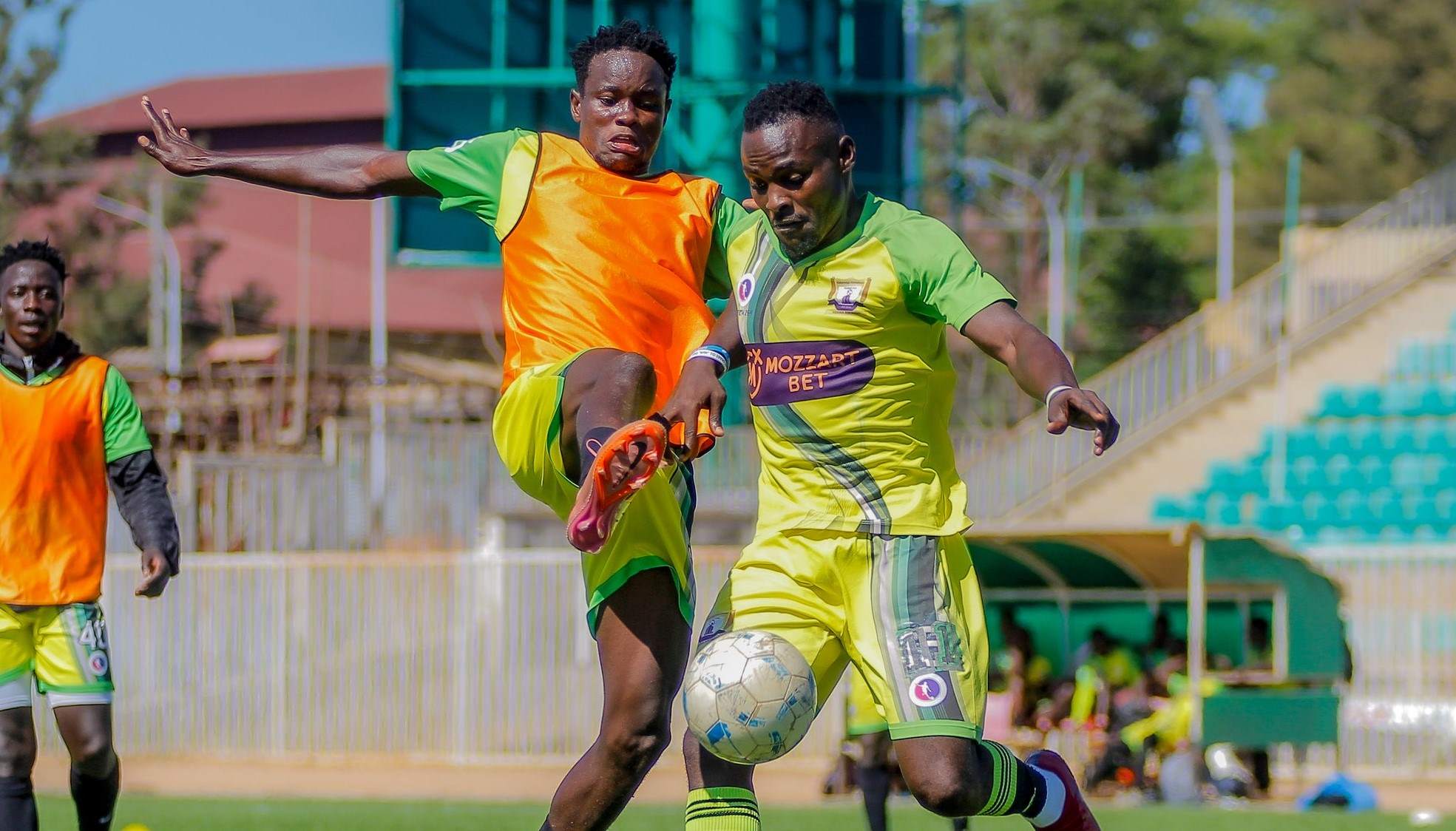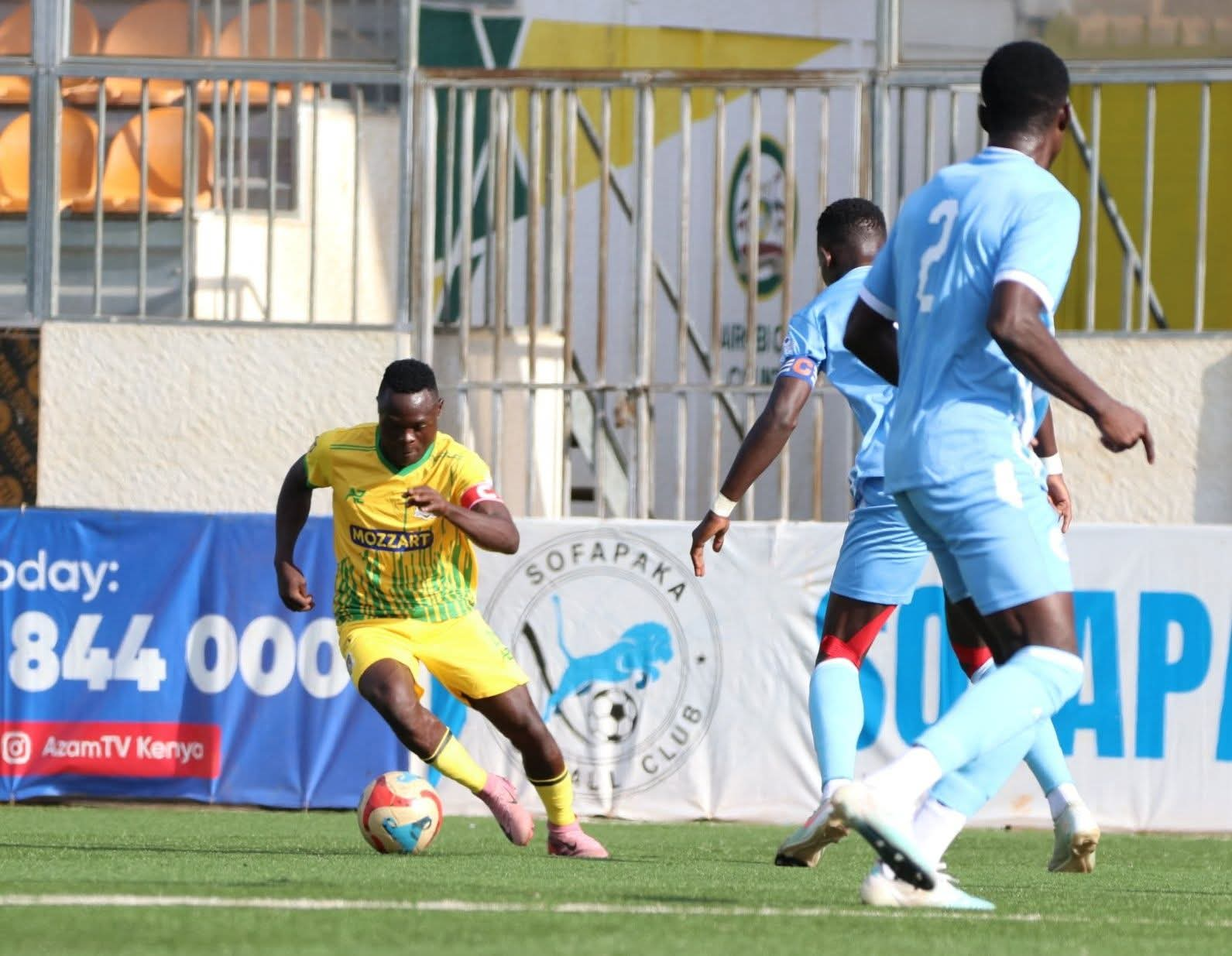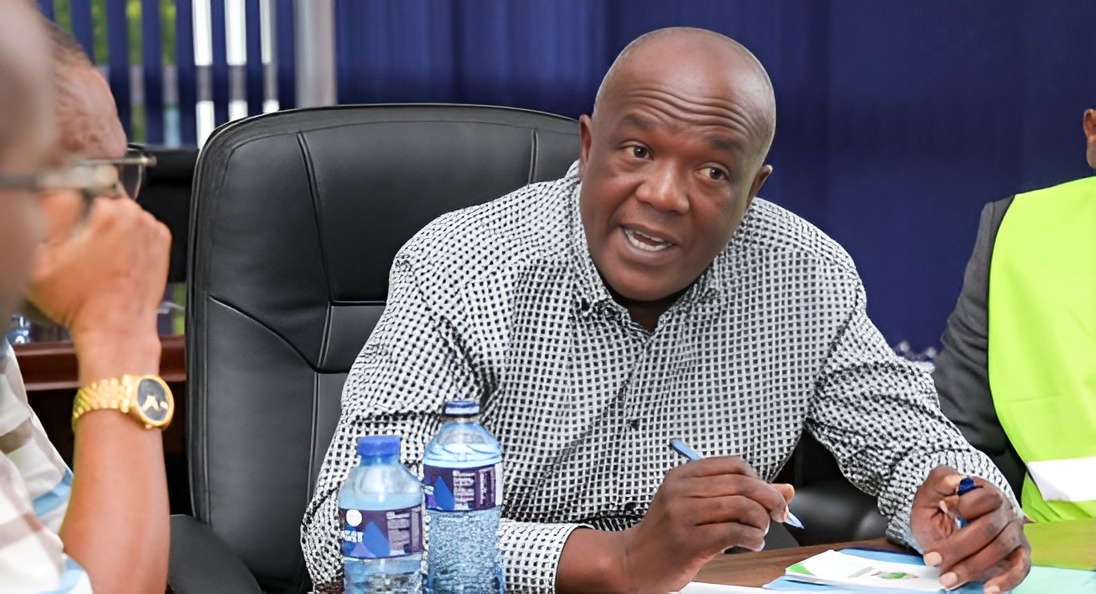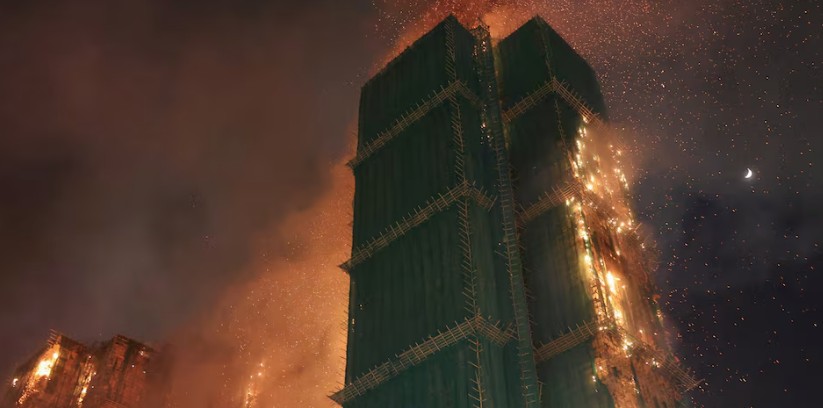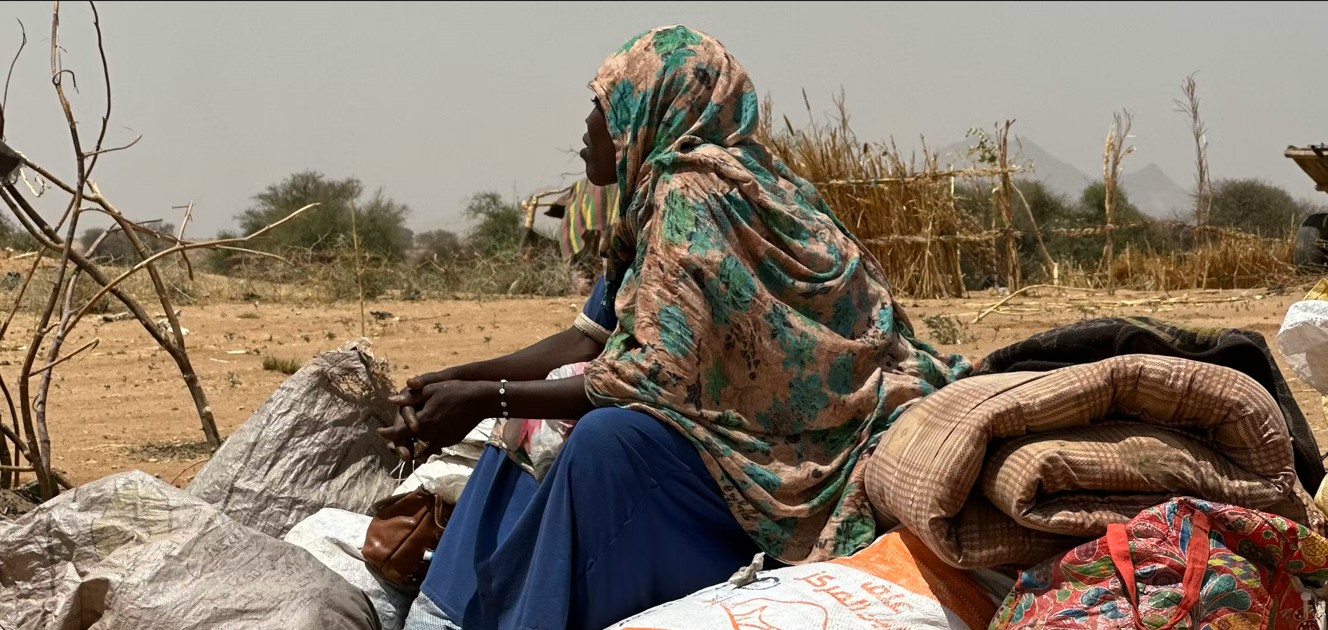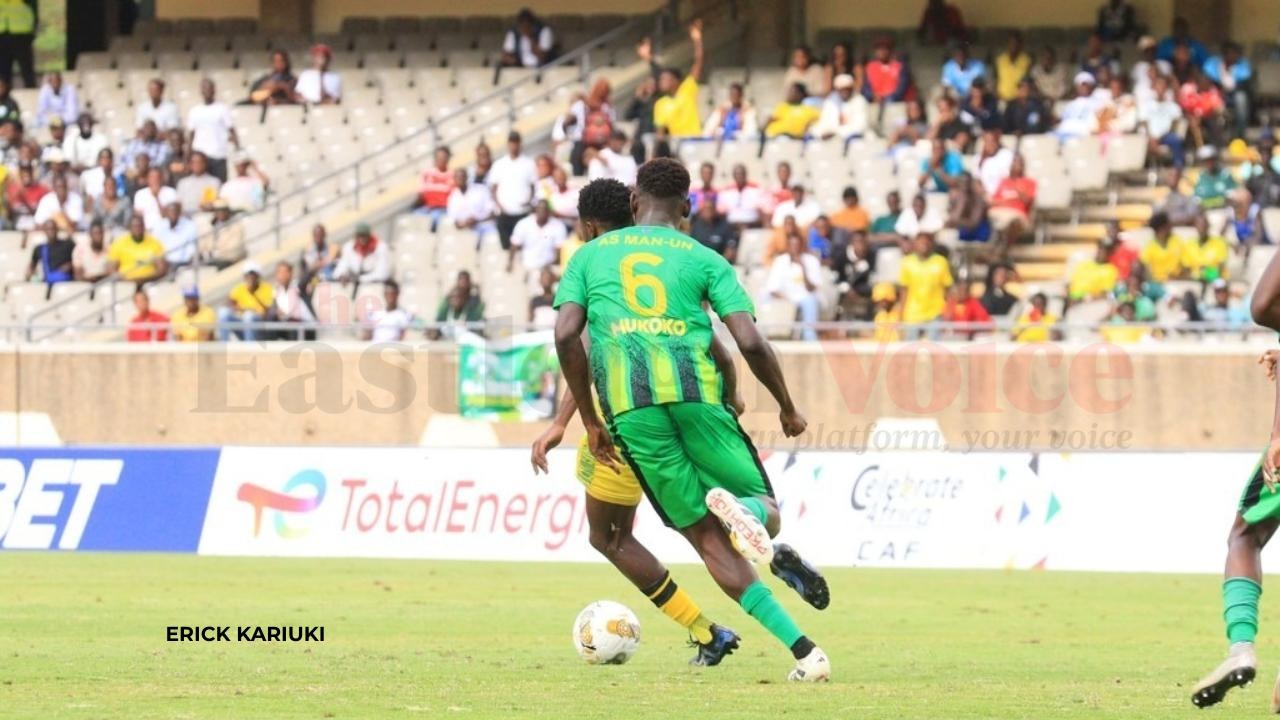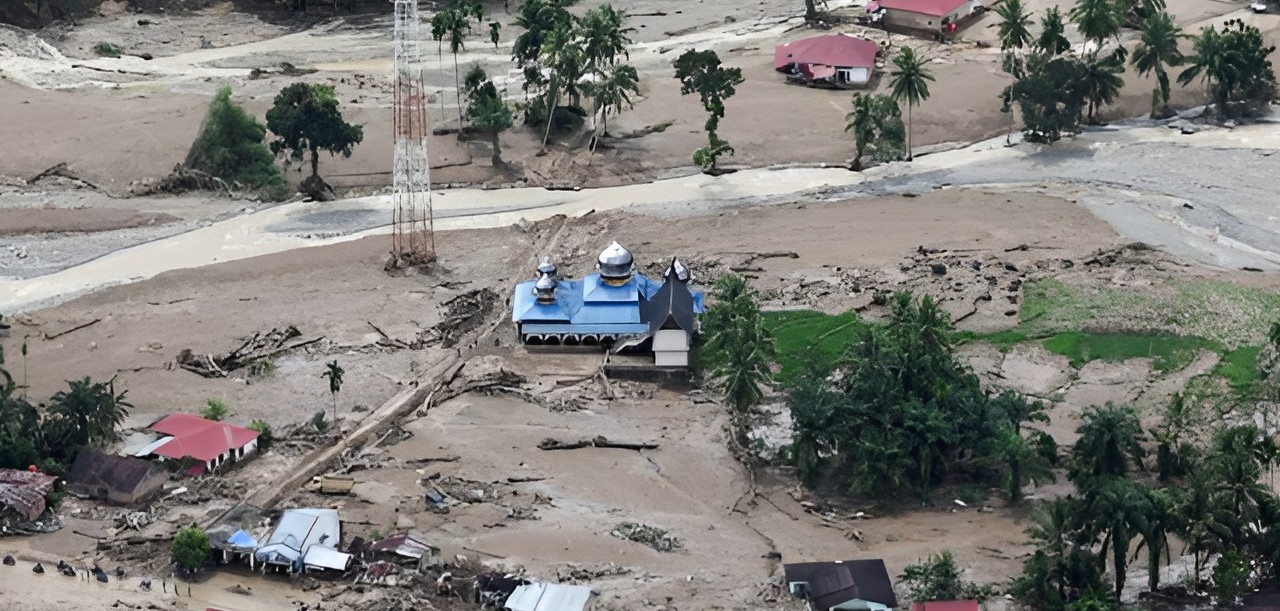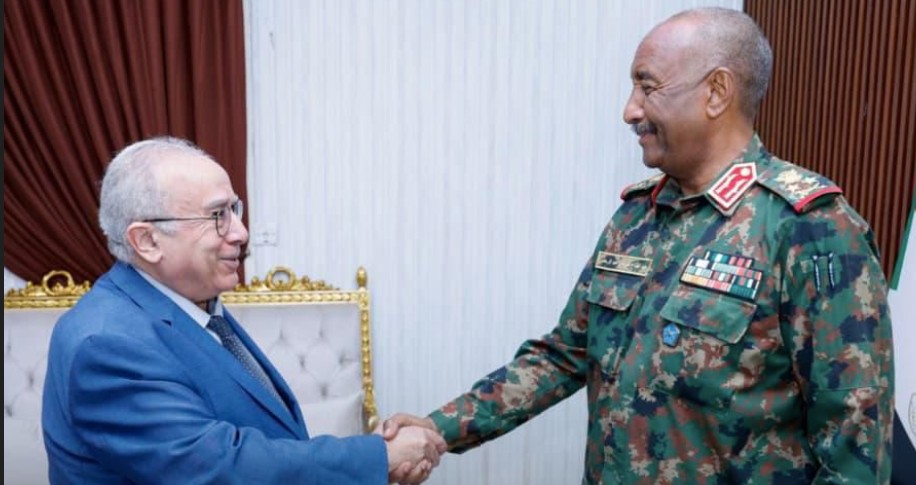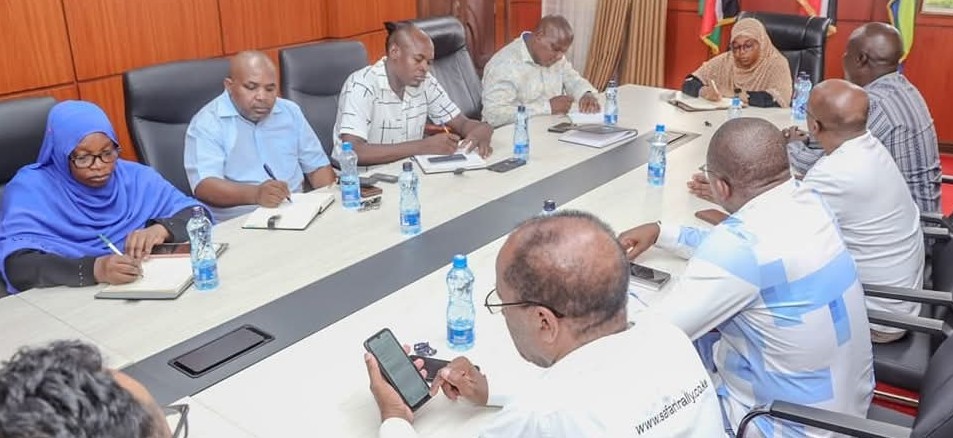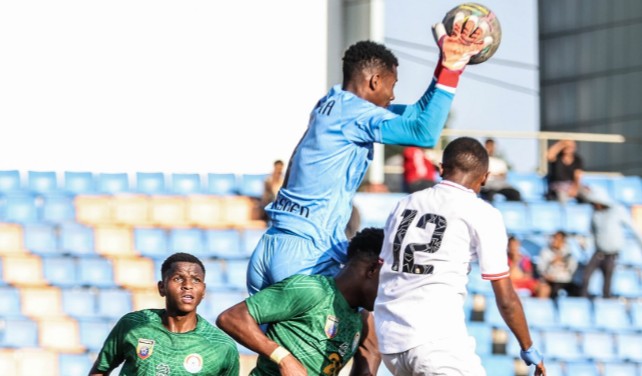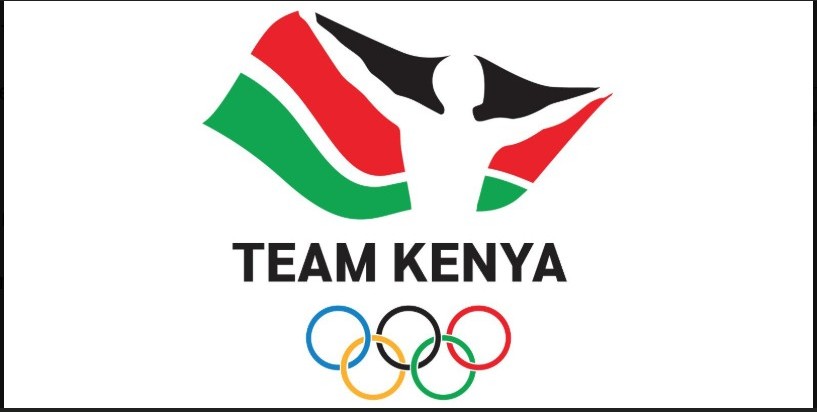Ruto defends ‘shoot-to-leg’ order amid outcry, cites public safety
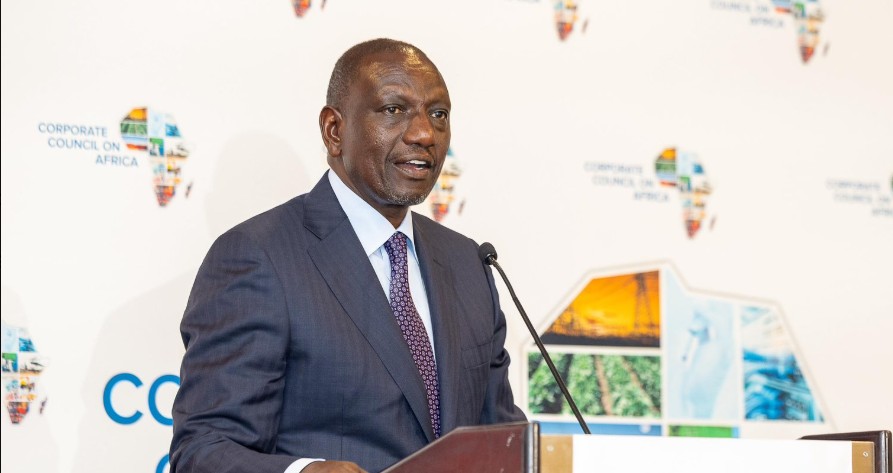
Ruto emphasised that the National Police Service (NPS) operates independently and that his previous remarks were not formal directives but an expression of his stance on maintaining public safety.
President William Ruto has defended his controversial “shoot-to-leg” order, insisting it was a lawful measure intended to safeguard citizens and public property, despite widespread criticism of heavy-handedness.
Speaking on Sunday during an interview with Al Jazeera, Ruto insisted that the police acted independently and within the law, dismissing claims that his administration sought to suppress dissent.
More To Read
- Morocco charges 2,480 in Gen-Z protests over poor governance, health and education
- Madagascar President appoints military general as prime minister amid mass protests
- High Court dismisses Sakaja’s bid to gag media over protest coverage
- Ex-CJ Maraga demands drop of terrorism charges against protesters as prosecution seeks 21-day probe
- Three petitioners sue CS Duale, General Kahariri over deployment of KDF in protests
- Murkomen: I won’t be intimidated by ICC threats or anarchists
“I do not regret those comments at all because the law allows the police to use force when other people’s lives are in danger. The police know what they need to do and understand what is in their purview,” he said, adding that his instructions were meant to ensure that both protesters’ rights and the property and lives of innocent citizens were protected.
Ruto emphasised that the National Police Service (NPS) operates independently and that his previous remarks were not formal directives but an expression of his stance on maintaining public safety.
“The police are independent, and there is nowhere in the law where I have the power to direct the police,” he said.
Several Kenyan media outlets had heavily criticised the government, portraying it as heavy-handed and intolerant, particularly after the forceful police response to demonstrators.
On this, Ruto said, “The media are independent, and they write whatever they think they can write. They say all manner of things which I do not agree with, but they have a right to say them.”
When asked about accusations of police misconduct, including the death of teacher and activist Albert Ojwang while in custody, the President stressed his administration’s commitment to discipline and accountability.
“We have thousands of police officers, and you cannot miss a rogue one. That is why we have laws to deal with such elements. We will continue to make sure that the majority of the police know what to do,” he said.
Ruto made his controversial remarks on July 9, 2025, in Kilimani, aimed at deterring violent demonstrators attacking police officers and stations.
“Anyone who picks up petrol to burn someone else’s business or any other person’s property, such a person should be shot in the leg, taken to hospital, and then presented in court,” he said. “And I want to tell Kenyans clearly, anyone who attacks a police officer, anyone who invades a police station, that is a declaration of war in the Republic of Kenya. I do not know if we are understanding each other, my friend. Enough is enough. It cannot go on any longer.”
The President reiterated that his government will no longer tolerate arson, destruction, or lawlessness under the guise of protest.
“I will protect the properties of the citizens of Kenya, their lives, and their businesses. It is the responsibility of the Government of Kenya, which I lead, to make sure that this war of destroying property and burning people’s businesses comes to an end. It must stop. I do not know if we are understanding each other,” he said.
Speaking on the June protests against his administration, Ruto described the moment as a difficult choice between managing violent criminals and ensuring the safety of genuine protesters.
“There were many aspects to that protest. Some people were there to express their opinions genuinely, but there were also criminal elements who came to burn down buildings, destroy property, and steal from all manner of places,” he said.
Despite the order, Ruto maintained that police officers do not take orders from him because of the service’s independence and must act based on their assessment of each situation.
“The law allows the police to use force when other people’s lives are in danger. When I came into office, I ensured that the police were independent. There is nowhere in the law that allows me to order the police,” he said.
The President attributed instances of police brutality to rogue elements, noting that culprits, including those involved in the death of Albert Ojwang, have faced charges.
The wide-ranging interview also touched on Kenya Kwanza’s diplomatic engagements. On the recently concluded but contested Tanzania elections, Ruto questioned the plausibility of a 96 per cent win in a democratic election but refrained from commenting directly on the results.
“It is not for me to judge Tanzania. In a democracy, for example, Kenya, you can never get 96 per cent. Every country has a way of doing its stuff,” he said.
The Head of State denied claims that Kenya supplied arms to Sudan’s Rapid Support Forces (RSF), an allegation from the Sudan Allied Forces (SAF), and accused both sides of being “cut from the same cloth.”
“These two generals have no solution for Sudan because both believe in solving a governance, not security, problem using military means,” he said.
He also reported progress in peace talks in the Democratic Republic of Congo, despite ongoing hostilities between the government of President Felix Tshisekedi, M23 rebels, and a section of opposition leaders, including former President Joseph Kabila.
Top Stories Today



